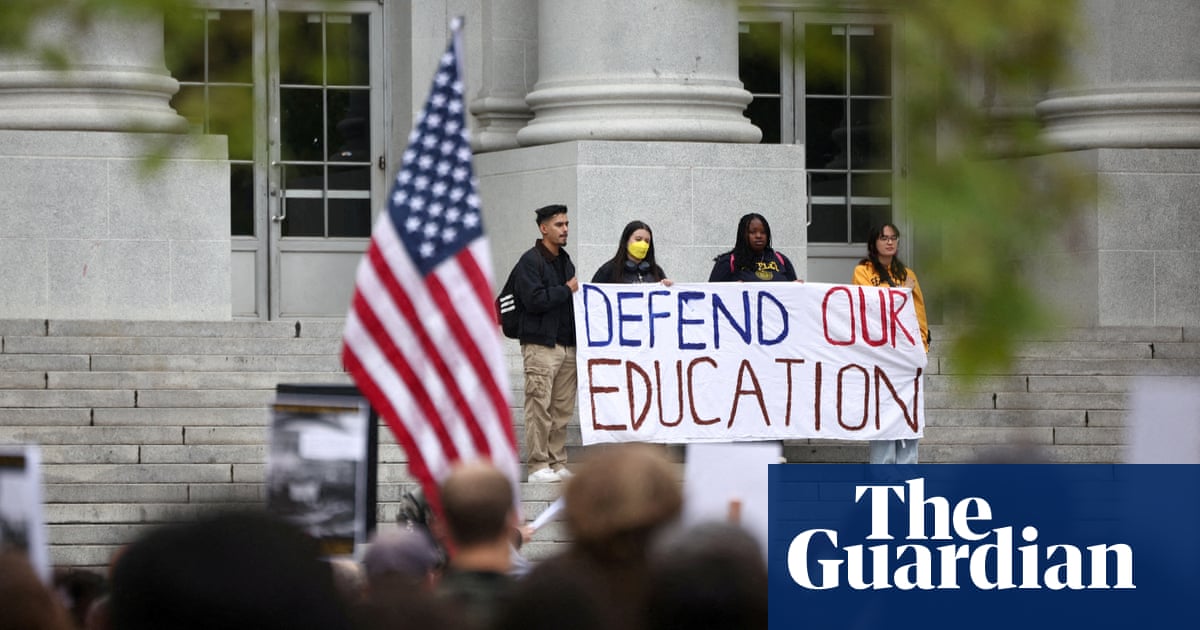TheTrump administrationlaunched an investigation into the University of California, Berkeley, on Friday centered on foreign funding, making it the latest university to be targeted by the federal government.
The investigation revives criticism from several years ago about the university’s partnership with China’s Tsinghua University. It comes afterDonald Trumpearlier this week signed a series of executive orders focused on universities that he views as liberal adversaries to his political agenda.
One order called for harder enforcement of Section 117, a federal law requiring colleges to disclose foreign gifts and contracts valued at $250,000 or more.
The Department of Education’s office of general counsel will investigate “UC Berkeley’s apparent failure to fully and accurately disclose significant funding received from foreign sources,” education secretary Linda McMahon said in a statement.
UC Berkeley denied the government’s claims, saying that for the last two years “UC Berkeley has been cooperating with federal inquiries regarding 117 reporting issues, and will continue to do so.”
The department cited media reports from 2023 about UC Berkeley failing to disclose “hundreds of millions of dollars in funding from a foreign government” but didn’t mention the country.
On May 2023, the Daily Beast reported that UC Berkeley failed to report it got $220m from the Chinese government to build a joint Tsinghua-Berkeley Shenzhen Institute (TBSI), which UC Berkeley and Tsinghua University opened in 2014 in the city of Shenzhen to focus on “strategic emerging industries”, according to the institute’s website.
Last year, a report by the Republican members of the House select committee on the Chinese Communist party found that US tax dollars have contributed to China’s technological advancement and military modernization when American researchers worked with their Chinese peers in areas such as hypersonic weapons, artificial intelligence, nuclear technology and semiconductor technology.
In response to the report, UC Berkeley said Berkeley’s researchers “engage only in research whose results are always openly disseminated around the world” and the school was “not aware of any research by Berkeley faculty at TBSI conducted for any other purpose”. The university also said then it would unwind its partnership.
Sign up toThis Week in Trumpland
A deep dive into the policies, controversies and oddities surrounding the Trump administration
after newsletter promotion
The university said on Friday it’s no longer affiliated with TBSI.
Last week, the Department of Education demanded records from Harvard over foreign financial ties spanning the past decade, accusing the school of filing “incomplete and inaccurate disclosures”. Trump’s administration is sparring with Harvard over the university’s refusal to accept a list of demands over its handling of pro-Palestinian protests as well as its diversity, equity and inclusion efforts.
